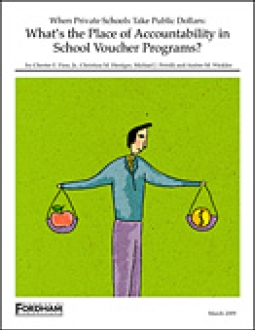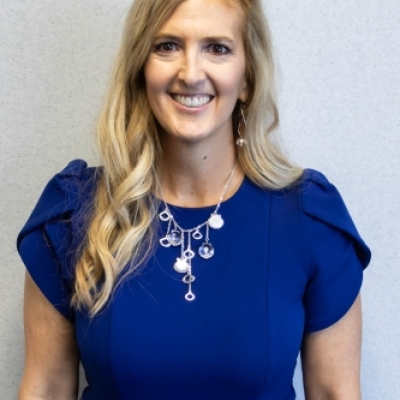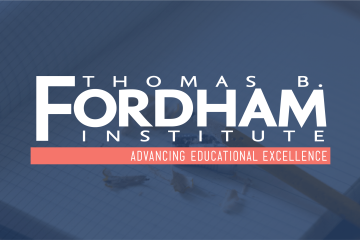Voucher opponents often argue that it's unfair to hold public schools accountable for results under the No Child Left Behind Act and various state rules while allowing private schools that participate in voucher programs to receive taxpayer dollars without similar accountability.
We at the Thomas B. Fordham Institute don't entirely buy that argument but we also believe there's room for a reasonable middle ground. It's time for the school-voucher movement to embrace accountability done right, just as most of the charter-school movement has done. But it's also vital to preserve the capacity of private schools to be different and not to deter them from taking children who would benefit.
In pursuit of that middle ground, we sought the advice of twenty experts in the school-choice world. This paper presents their thoughts and opinions, as well as Fordham's own ideas.
The majority of experts agree that participating private schools should not face new regulation of their day-to-day affairs. They also see value in helping parents make informed choices by providing data about how well their own children are performing.
However, experts are not of one mind when it comes to making academic results and financial audits transparent. Some would "let the market rule" and are averse to transparency or accountability around school-level results. Others would "treat private schools like charter schools" when it comes to testing, financial transparency, etc. Some would also like government (or its proxy) to intervene if individual schools aren't performing adequately.
We suggest a "sliding scale" approach to bridge the divide: the more voucher-bearing
students a school enrolls, the greater its obligation for transparency and accountability. And the more generously taxpayers support vouchers, the greater their accountability claim on voucher-receiving schools.
Read the report in a nutshell.






